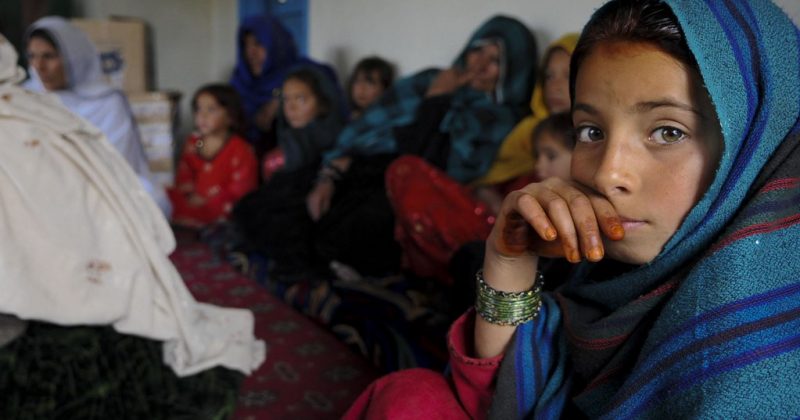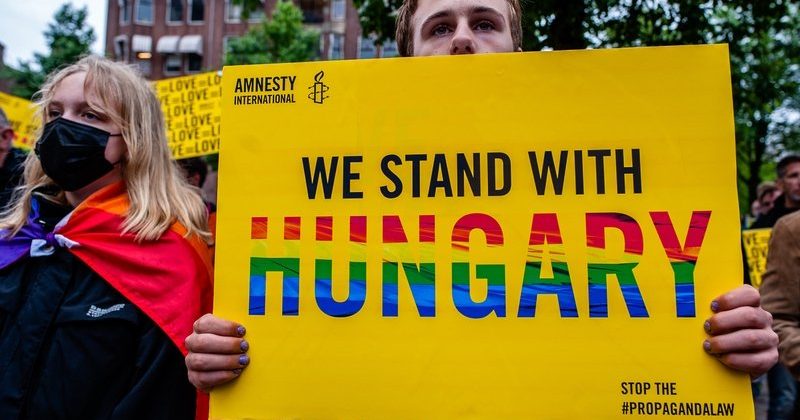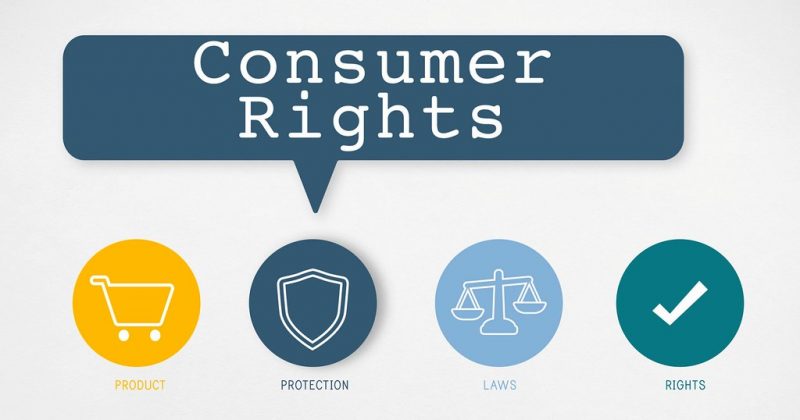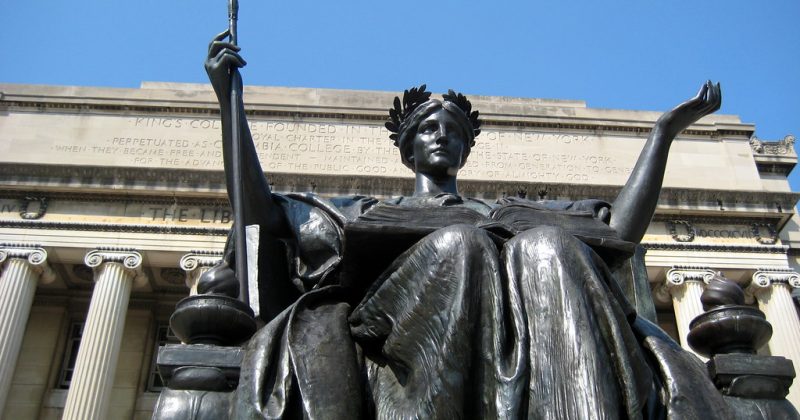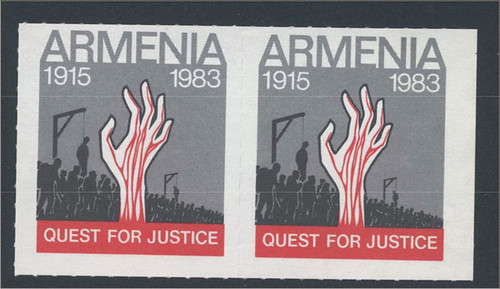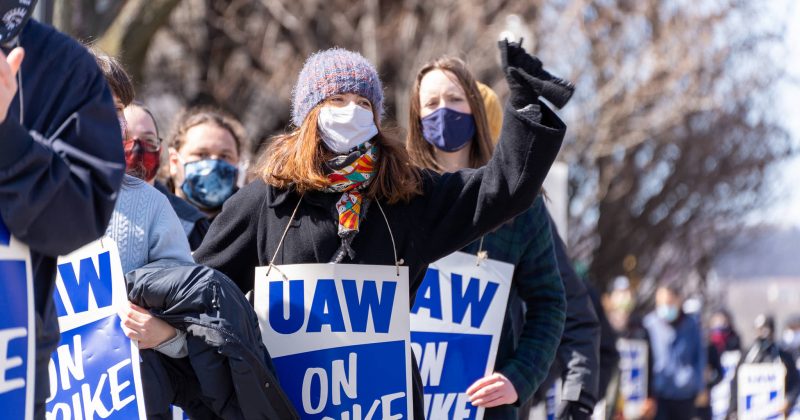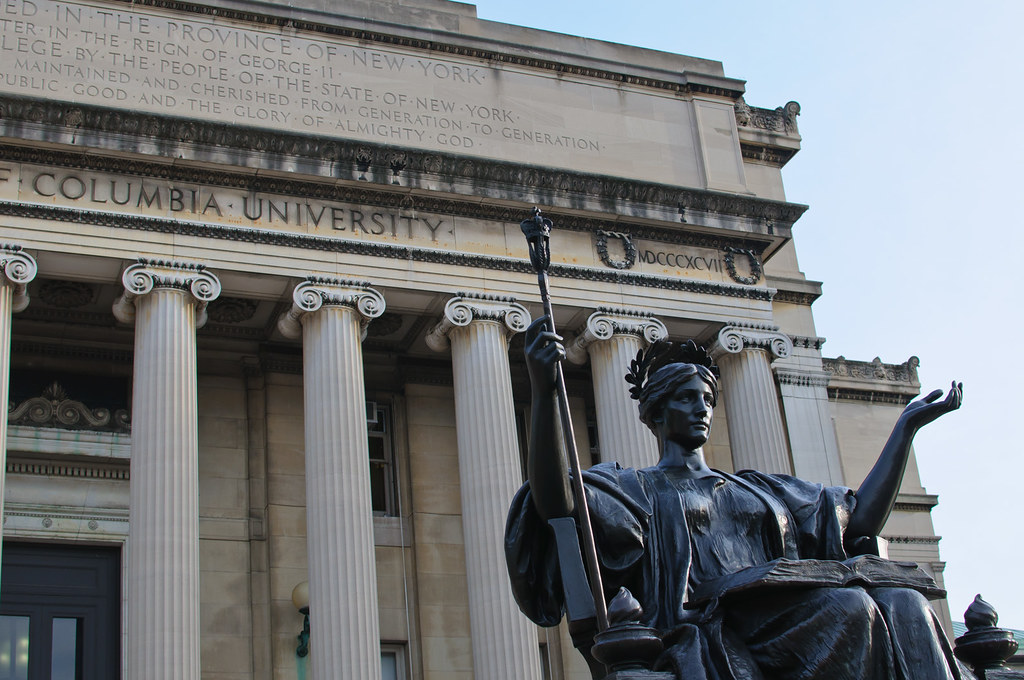
Political Apologies Database: Discussion with the Historical Dialogues Justice & Memory Network Seminar Series
By: Lindsey Alpaugh, staff writer.
On Tuesday, October 12th, the Historical Dialogues, Justice, and Memory Network Seminar Series hosted a discussion via Zoom, “Trends in Political Apologies Across the World: Insights From the Political Apologies Database,” featuring Dr. Juliette Schaafsma and Ph.D. Candidate Marieke Zoodsma from Tilburg University. Dr. Schaafsma and Zoodsma spoke about the nature of political apologies, as well as their recently launched resource, the Political Apologies Database. The database is part of a larger project the scholars are conducting, funded by the European Research Center, looking into the key questions surrounding political apologies.
The researchers began their lecture by outlining the larger discussion around political apologies. As states offer, or are asked to offer, political apologies for human rights violations, they may face skepticism or criticism for their motivations. Questions of sincerity, and how this apology might relate to norms of governance emerge for both those affected by the human rights violations, as well as the public at large....

